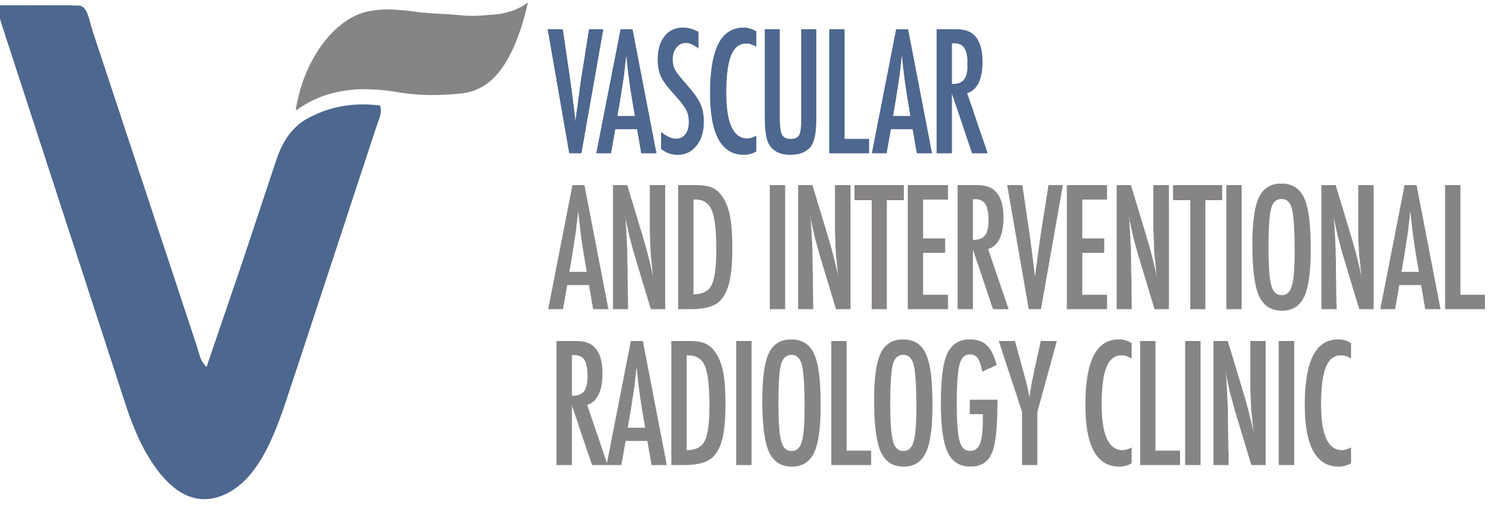Your Procedure
Where do I go ? What to expect ?
When you arrive to El Camino hospital main entrance, you should go to Patient Registration. Patient Registration is located in the main floor to the left side of the entrance. You can always ask the volunteers in the hospital entrance front desk and they will be happy to escort you to your destination. Once your registration is complete, you are now in the hospital system. The staff in patient registration will direct you to the pre-operative area. This are is called 2B and is located in the second floor by the main elevators. AT 2B, you will be assigned a nurse. The nurse will update your medical history. For most procedures, you will need an IV in the hand or forearm. This will be necessary for administration of medications. If you do not have recent blood tests, most of the time we will also draw a small blood sample for tests, including coagulation tests, to make sure you are not at high risk for a bleeding complication. Please make sure ask all questions you may have before the procedure. In general, per hospital policy, you have to arrive to the hospital 2 hours before the time your procedure is scheduled. This is done to allow time for pre-procedure evaluation, safety measurements, blood tests and for all your questions to be answered. We will do our best to keep you on schedule and sometimes we be able to anticipate the time of the procedure. However, as in any other hospital, delays could happened.These could be secondary to safety measurements or hospital emergencies that cannot be predicted. In general most procedures last 30min-90min. After the procedure you will stay in the recovery area until we believe it is safe for you to be discharged. This time is different for each procedure. However, most of the time is limited to 1-2hrs. For procedures that do not require sedation, the patient can be discharged immediately after the procedure (eg. PICC placement, thyroid biopsies)
Fasting
You should be fasting for at least 8h at t the time of theprocedure. Most of the time we recommend not eating ordrinking after the midnight before your procedure. The only exception is the oral medications which can be taken with small sip of water.
Medical History
It is extremely helpful if you can bring a list of your current medications, allergies, medical problems, and prior surgeries. It is also very helpful to us to know if you had any prior problems with sedation or anesthesia and if you have any special conditions and preferences.
Medications
You can take your medications in the morning of the procedure with a small sip of water. We strongly encourage that you take your all yur blood pressure medications before coming to the hospital.
Blood thinners: If you take blood thinners those should be stopped before your procedure (there are few exceptions). Coumadin (warfarin) should be stopped 5 days before the procedure. Lovenox (enoxiparin) or Arixtra (Fondoparinox) should be stopped 24h before the procedure. Aspirin, Agreenox and Plavix are not considered blood thinners but they affect the function of the platelets and may increase the risk of bleeding. If you are taking one or more of this medications please let us know. For procedures with high risk of bleeding we recommend discontinuation for 5 days before the procedure
Medications for diabetes: If you are taking insulin, you should only take half of your
normal dose in the morning before the procedure. Since you will be fasting a high those of insulin could cause hypoglicemia. We will check your glucose levels once you arrive at the hospital and we will manage your diabetes accordingly. If you are taking oral diabetes medications you do not take them in the morning o the procedure. We will check a blood glucose on arrival to the hospital and treat as necessary.
Information about El Camino Hospital



